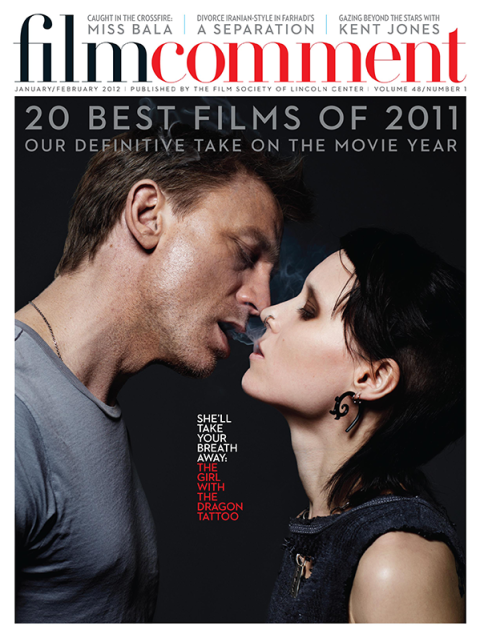
When New Yorker critic David Denby jumped the gun with his review of The Girl with the Dragon Tattoo, it only underscored the wholesale perversion that advance media screenings have become. The idea that people need criticism before they see a movie is to confuse criticism with consumerism. Enough. It’s been clear for years that critics ought to stop attending preview screenings as corporate guests and instead see a film the day it opens or soon thereafter and publish accordingly. Criticism is informed and opinionated reporting. No one pre-critiques a baseball game, a presidential debate, a meeting of the G-8, a ballet, a symphony, or a meal in a restaurant that hasn’t yet happened. So too with movies: let the damn things happen. Then report and assess. For financial reasons on both sides of the divide, critics and distributors have altered the time line of the event to pre-report, and in the process gotten into bed with each other to each other’s detriment. Day-of reviews have become reduced to the absurd: carnival barker quotes. After all, no one needs a review on the day a film opens more than—and other than—the film companies, mostly so they can drop money quotes into the display ads. The Denby Affair should mark the end of the critic’s voluntary agreement to be placed in an impossible box. It could and should begin a realignment of priorities that has been long overdue. The New Yorker is historically situated to take the lead in this, especially after having allowed itself to be frog-walked backwards into subverting its legacy. People can and will wait for a thoughtful review which is better consumed after they’ve seen a film, as the start of a conversation, internal or shared, on how to frame the film in the context of lived experience and the state of the art. Let the film companies do as any business should do, advertise and promote their films prior to release. Publications can use the money, I hear.








